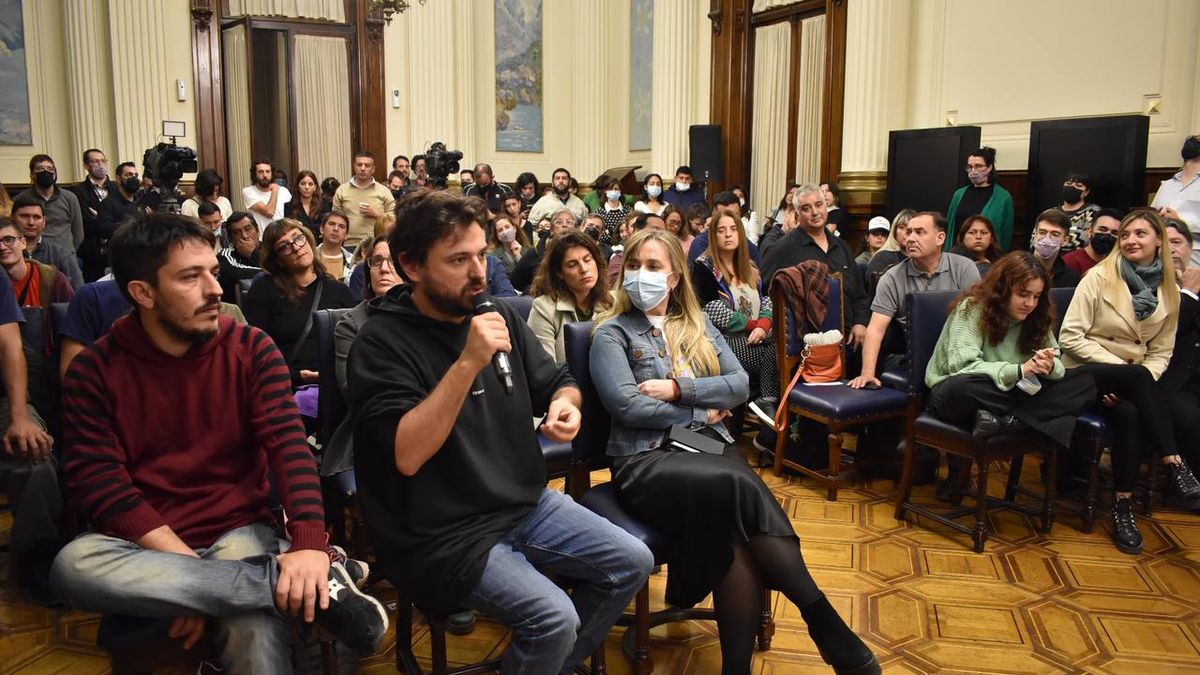When this situation is explained, people usually talk about the “structural flaws” in the labor market. But that implies that there is a labor structure (full formal employment) that allows the protection of all workers. All the data that exists for Argentina shows that this was never the case and will not be in the future. Maybe it’s time we stop talking about failures and start talking about changes.
And it’s an important topic that we need to talk about for many reasons. One of them is because the way in which we protect the people who make up our society (the social protection system) was designed based on labor participation. With these changes in the labor market, a large part of the population was left unprotected, excluded. We have to resolve how to protect all the people who live in our country, considering (obviously): formal work today is a luxury and those who do not have access do so for structural reasons and not of their own free will.
For this, the recent discussions are an excellent opportunity. In recent weeks, the term “universal minimum wage” has been used to refer to something that is not a salary (which implies money paid by an employer to the person who performs a job) nor is it universal (for all people). There was also a lot of talk about the “universal basic income”, a transfer that is given to all people who live or are citizens of a territory, without any conditions. In reality, what is under discussion is a targeted minimum transfer that seeks to achieve a laudable result: to guarantee a floor of income for those who do not have a formal job.
Terminological confusion prevents us from having a clear and constructive debate. That does not mean that the discussion itself is extremely valuable. But we have to frame it better so that we can ask the questions that allow us to arrive at answers that can effectively solve the problem at hand.
Do we agree that we need to solve the problem of poverty? Do we agree that we have to find new protection mechanisms? Are we in a position to admit that full formal employment is an objective, but the probability of achieving it in the short or medium term is very low? Who dares to argue that there is something higher priority than this?
If we manage to reach basic agreements on the answers to these first-order questions, we are going to find ourselves with a set of more operational questions, but also very important ones, such as, what are we investing our public resources in other than in this imperative? Or, can we find a way to improve social protection without creating even more macroeconomic imbalances? How can we build a labor market that, although it does not completely solve the problem of informality, makes progress in reducing it (how did neighboring countries do it!)? How can we guarantee the inclusion of people who are left out in the meantime? How are these types of new policies coordinated with existing ones?
To arrive at stable and effective solutions to the great problem of poverty, we can only start if we ask ourselves the right questions, with clear terms and, especially, without political chicanes (from nowhere). Can we live up to the responsibility that this great problem implies?
*Executive Director of CIPPEC
Source: Ambito
David William is a talented author who has made a name for himself in the world of writing. He is a professional author who writes on a wide range of topics, from general interest to opinion news. David is currently working as a writer at 24 hours worlds where he brings his unique perspective and in-depth research to his articles, making them both informative and engaging.




